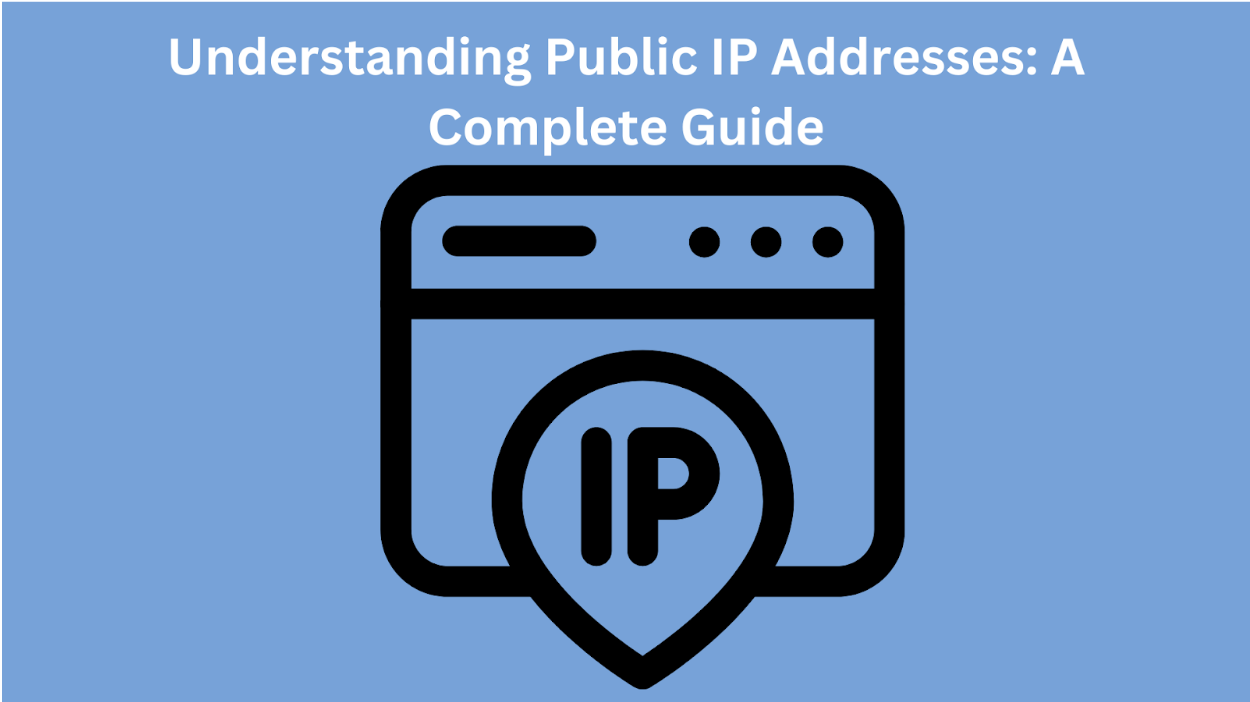In the networking world, IP addresses are crucial in enabling communication between devices over the internet. Among the various types of IP addresses, a public IP address is a key component that facilitates the exchange of data across the web. In this blog post, we'll delve into what a public IP address is, how it differs from other IP addresses, and why it's important for developers and businesses.

What is a Public IP Address?
A public IP address is a unique identifier assigned to a device or a network, allowing it to be recognized and accessed over the internet. Unlike private IP addresses, which are used within a local network to identify devices, public IP addresses are used for communication between devices across different networks.
How Does a Public IP Address Work?
When a device sends a request over the internet, it uses its public IP address to identify itself to other devices or servers. This allows data packets to be routed to the correct destination and ensures that responses are returned to the requesting device.
Why Are Public IP Addresses Important?
Public IP addresses are crucial in enabling various online activities, such as browsing the web, sending emails, and accessing cloud services. They allow devices to communicate with each other across the Internet, enabling seamless data exchange.
Public IP Addresses vs. Private IP Addresses
One of the key differences between public and private IP addresses is their scope of use. Private IP addresses are used within a local network and are not routable over the internet. In contrast, public IP addresses are routable over the internet and are used for communication between devices across different networks.
How Are Public IP Addresses Assigned?
Public IP addresses are typically assigned by Internet Service Providers (ISPs) to devices connected to their network. These addresses are allocated from a pool of globally unique addresses managed by regional internet registries.

Conclusion
Public IP addresses are a fundamental component of internet communication, enabling devices to connect and exchange data across the web. Understanding how public IP addresses work and their importance is essential for developers and businesses looking to build and maintain robust online services.
FAQs
1. Can a device have a public and a private IP address?
local network, while the public IP address is used for communication over the internet.
2. Are public IP addresses static or dynamic?
Public IP addresses can be either static or dynamic. Static IP addresses remain constant, while dynamic IP addresses may change over time.
3. How can I find out my device's public IP address?
You can find out your device's public IP address by using online tools or by checking your device's network settings.
4. Can I change my device's public IP address?
In most cases, your public IP address is assigned by your ISP and cannot be easily changed. However, you can sometimes contact your ISP to request a change.